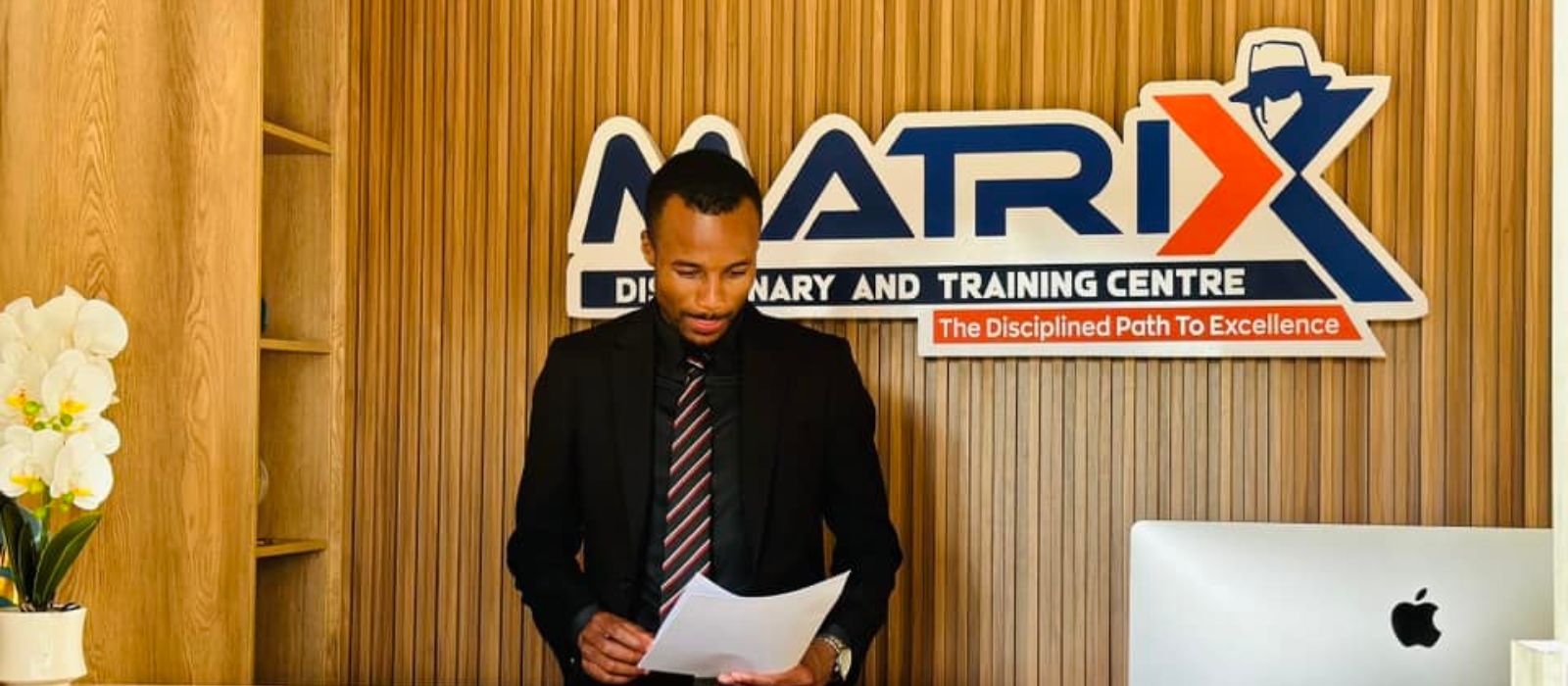
Matrix Disciplinary and Training Centre, led by social media personality and private investigator Tafadzwa Chidawa, primarily targets teenagers with the aim of addressing issues such as drug abuse, indiscipline, robbery, and early engagement in sexual activities.
Recently, the Matrix Disciplinary Centre announced its cooperation with the Zimbabwe Republic Police following the launch of an investigation to determine whether its operations comply with legal standards.
Often referred to as “troubled teen” facilities, disciplinary camps like Matrix elicit mixed reactions. While many praise the initiative for its focus on rehabilitating young people, others express concerns about the methods employed. Critics argue that the harsh treatment methods and forms of punishment used in such facilities may amount to abuse, potentially inflicting further trauma on the children involved.
On the other hand, families dealing with disobedient children or adults often advocate for such programs, viewing them as a viable solution for instilling discipline and reforming problematic behavior. The camp positions itself as a transformative program designed to equip stubborn individuals with essential life skills, self-discipline, and positive values.
For many parents, dealing with their child’s behavior can become overwhelming, especially when faced with issues such as truancy, substance abuse, or negative peer influences. For these families, the idea of sending their child to a disciplinary camp can offer temporary relief from daily struggles.
However, a critical question arises: Do these facilities adequately address the underlying issues that lead to such behaviors? More importantly, do they provide long-term support and guidance after the program is completed?


